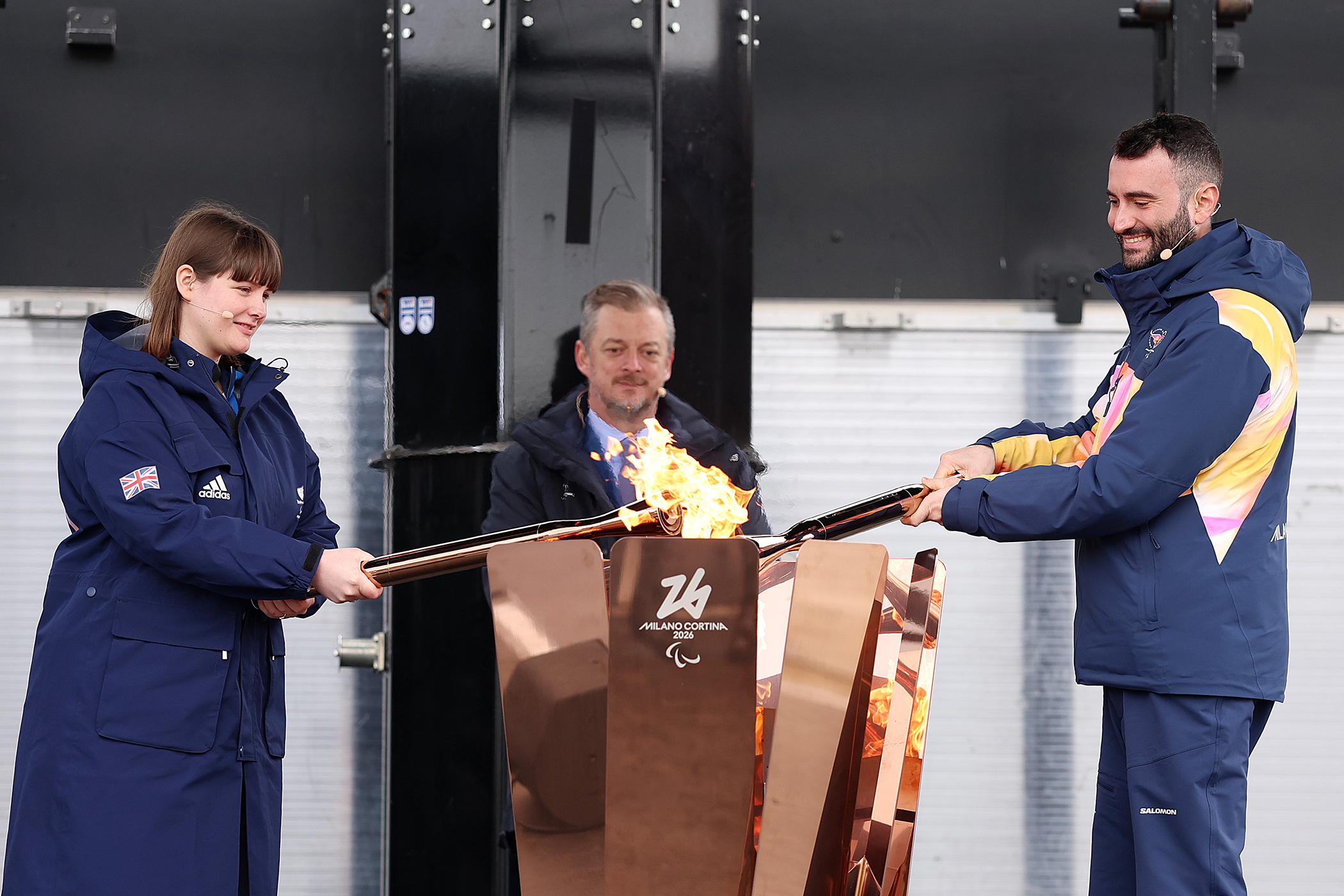The path to 50 England caps started for Jess Breach when she ran the line for her dad’s games in another part of Sussex. Men would yell at her if they thought she had made a bad call. Others would defend her: “You can’t shout at the girl – she’s only 10!”
Breach, 27, recalled those days on a visit to Brighton’s Amex Stadium in June to accompany the World Cup trophy. She didn’t make contact with it. “You have to wear gloves to touch it,” she said. But you could tell the glint of it stayed in her eye. She was back on the same turf for her 50th appearance – and 50th win – in England colours.
You read that correctly. Breach has never lost a game as an England player. Her half-century of victories came in this win over Australia, who are usually mortal rivals for English teams – but not in women’s rugby.
Eight times the countries have met and eight times England have been triumphant. This latest win was England’s record-equalling 30th in a row and propelled the tournament favourites into a quarter-final against Scotland in Bristol next Sunday.
Never mind the caps, though. Count the tries. At 20, Breach scored six on her England debut, against Canada, and another five in her second match. Last week in the 92-3 win over Samoa, she reached 52 tries in 49 matches. And it took her 7m 23sec to post her 53rd, after Australia had scored first – near the patch of turf where Japan sensationally overturned South Africa here in the 2015 men’s World Cup. Was the curse of the Brave Blossoms striking England down on their own coast?
Duly provoked, Breach glided up to the other end of the field and touched down from an overlap. It hardly seems possible that England’s first-choice No 11 was defending her right to wear the jersey into the knock-out phase, against competition from Claudia Moloney Macdonald, whose defensive skills are considered by many to be more solid.
Such are the challenges when England could probably field two sides in this competition, with the B-team also likely to go deep. There was some hope for the others though in Australia’s unsettling of England in the first half an hour with deep kicks and physicality.
Through all the ages of sport, dominant teams have been thrown off balance by the opposition doing what the dominant team likes least: by them refusing, in other words, to play the role they’ve been given.
Australia had no intention of helping the Red Rose pageant on its way, and were defending their own right to progress to the quarter-finals. But the drain on their energy from disrupting the England winning machine began to tell. England’s superior rhythm and fitness demonstrated their fundamental advantage in women’s rugby: their progression to full professionalism three years before everyone else.
In John Mitchell’s talent-stacked squad, Breach was the archetype of the local hero. Only Ellie Kildunne, who left the field on 45 minutes after a bang to the head, received a noisier welcome from the crowd of 30,433. Breach is a multi-gifted all-round athlete who chose rugby over sprint hurdling, netball, hockey and county-level gymnastics. She excelled in each – especially track and field, where she reached English national schools standard.
Newsletters
Choose the newsletters you want to receive
View more
For information about how The Observer protects your data, read our Privacy Policy
Her first taste of playing rugby was four years before she ran the gauntlet as a lineswoman – or lineschild – at Chichester Rugby Club, where she did “anything under the sun” that qualified as sport. Her next move was to Brighton Rugby Club at 12 and then to Pulborough, where she won the national title. “I’m a fast, agile winger, who can read the game quite well,” she said on that ceremonial visit in June.” She has also played full-back with her club Saracens to help her see “better pictures from the back.” She didn’t want, she says, to be seen as a pure speed merchant.
“Jess has a unique way of playing the game – she only needs a small amount of space and she'll burn you,” Mitchell says. “What you don’t see is how much she brings people together within the group. She keeps a very good balance between on and off the field, and that’s what makes her so special.”
Her fellow back-three superstar, Kildunne, left the field for a head injury assessment and didn’t return: a bigger cause for concern than the 30 or so minutes of turbulence Australia caused England before normal service resumed.
Those concerns were confirmed after the match as Kildunne was ruled out for 12 days under the HIA protocols, meaning she will miss the Red Roses’s quarter-final.
When they find their flow, England overwhelm with a kind of swarming purpose and precision. They radiate the coolness of a side simplifying a task which, in lesser hands, can look jerky and complex.
As the scoreboard rattled up, Breach prowled out on a touchline, which she first patrolled as a 10-year-old with a flag. Fifty caps, 50 wins, 53 tries. Outlandish numbers.
Photograph by David Rogers/Getty Images



